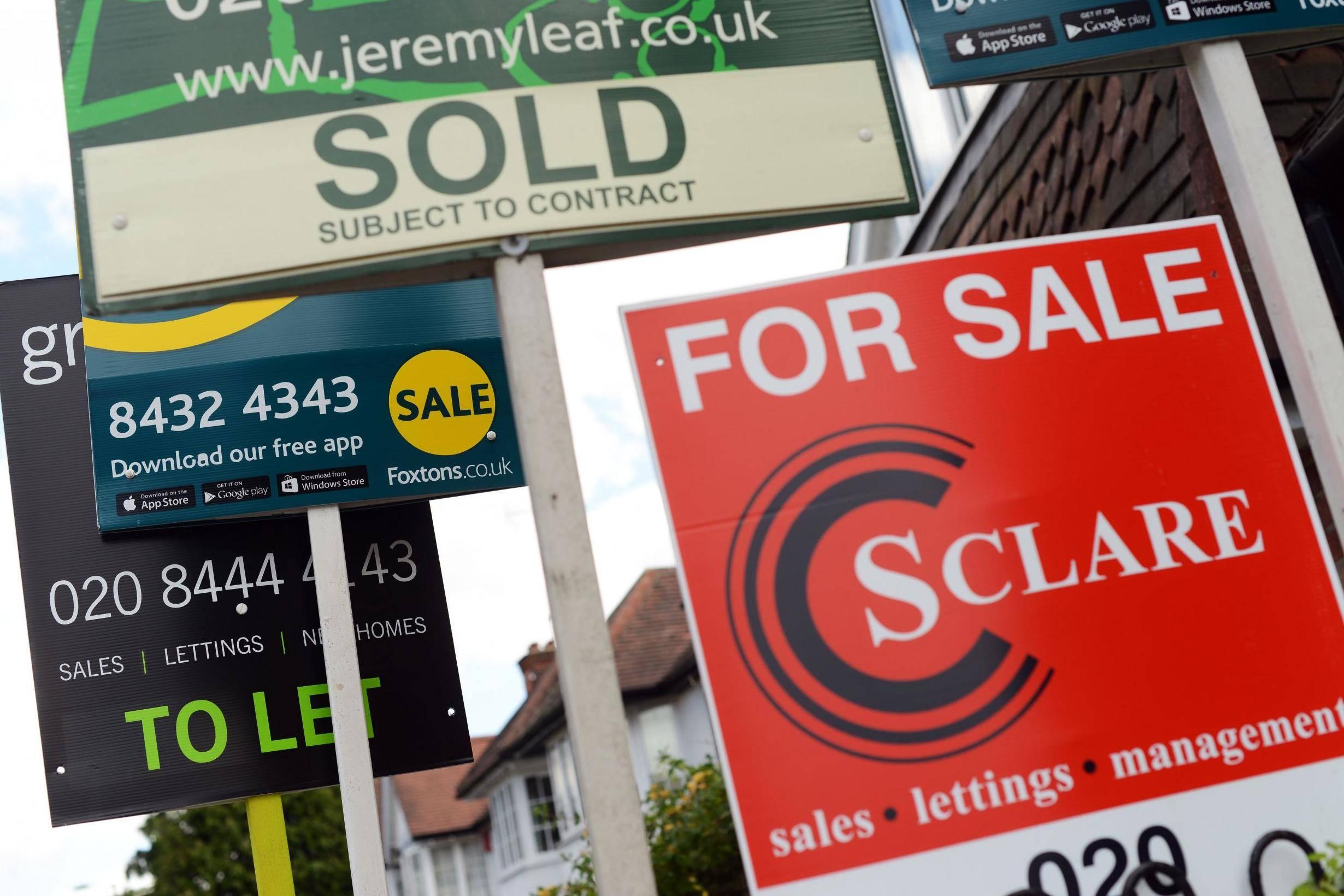Stamp duty changes fail to get more first-time buyers on the property ladder
Surveyors reported no increase in first-time buyer enquiries following the changes made to stamp duty in November’s budget

Your support helps us to tell the story
From reproductive rights to climate change to Big Tech, The Independent is on the ground when the story is developing. Whether it's investigating the financials of Elon Musk's pro-Trump PAC or producing our latest documentary, 'The A Word', which shines a light on the American women fighting for reproductive rights, we know how important it is to parse out the facts from the messaging.
At such a critical moment in US history, we need reporters on the ground. Your donation allows us to keep sending journalists to speak to both sides of the story.
The Independent is trusted by Americans across the entire political spectrum. And unlike many other quality news outlets, we choose not to lock Americans out of our reporting and analysis with paywalls. We believe quality journalism should be available to everyone, paid for by those who can afford it.
Your support makes all the difference.The UK housing market continued to display a lack of momentum in December, with recent changes to stamp duty for first-time buyers having little immediate impact, according to surveyors.
The Royal Institution of Chartered Surveyors (RICS) said in its December survey that 86 per cent of surveyors reported no increase in first-time buyer enquiries following the changes made to stamp duty in November’s budget.
RICS said that while this could be in part due to the time of year, respondents were also asked to consider the likely impact on the market over the coming months.
Nationally, 66 per cent of surveyors anticipated the change having little consequence, whilst 12 per cent felt it would result in higher overall activity.
The Government announced in November’s budget that it was scrapping stamp duty for first-time buyers on properties worth up to £300,000 to help get more people on the property ladder.
However, critics have pointed out that the change is likely to only have a modest impact on overall demand because first-time buyers in many regions already pay little or no stamp duty as the average price of a property is below the stamp duty threshold of £125,000.
RICS said that Scotland, Northern Ireland and the North-east were the only areas to see an increase in sales transactions, which were either flat or fell across the rest of the UK.
Sales expectations nationally are expected to remain flat over the coming three months, but surveyors are more optimistic for the year to come with activity anticipated to pick up across all regions.
“The initial feedback from the market doesn’t suggest that the change in the stamp duty regime announced in the budget is going to have a material impact on activity,” said RICS chief economist Simon Rubinsohn.
“Indeed, the risk was always that a good portion of the benefit would be capitalised in the price, therefore limiting the benefit for the first-time buyer,” he added.
Subscribe to Independent Premium to bookmark this article
Want to bookmark your favourite articles and stories to read or reference later? Start your Independent Premium subscription today.
Join our commenting forum
Join thought-provoking conversations, follow other Independent readers and see their replies
Comments